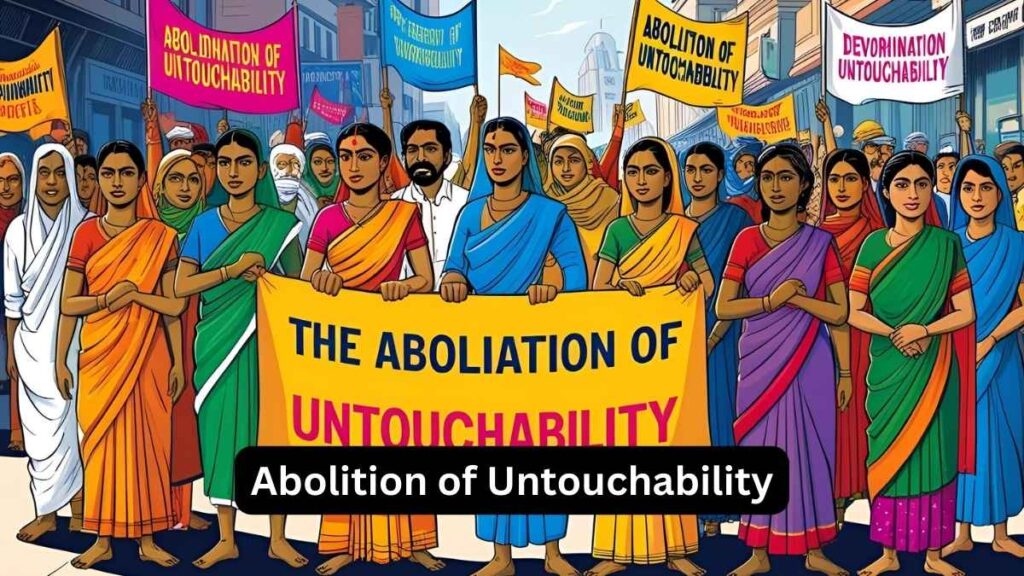Font size:
Print
Biofuels in Focus: Balancing Shipping, Sustainability, and Social Impact
Context:
Biofuels are increasingly promoted as a low-carbon alternative for sectors like shipping. However, concerns regarding deforestation, food security, and land rights have raised critical questions about their true sustainability.
Environmental Risks of Biofuels in Shipping
- Deforestation and Land Grabbing: Expanding biofuel plantations can lead to the destruction of rainforests and conversion of agricultural lands into monoculture plantations.
- This process not only reduces biodiversity but also contributes to land grabbing, disproportionately affecting indigenous and local communities in the Global South.
- Climate Change Acceleration: Despite being marketed as a clean energy source, biofuels can have a higher carbon footprint than fossil fuels when considering land-use changes.
- Deforestation and peatland destruction for biofuel crops releases significant greenhouse gases, potentially worsening climate change.
- Opposition from Environmental Groups: Organisations like Biofuelwatch and the Global Forest Coalition (GFC) oppose the International Maritime Organisation’s (IMO) inclusion of biofuels in its Net Zero 2050 strategy.
- They advocate for stricter sustainability criteria to prevent biofuels from exacerbating environmental damage.
Social and Economic Implications
- Threat to Food Security: Diverting land from food production to biofuel crops reduces food availability and can drive up food prices, as seen in historical cases like the “tortilla wars” in Mexico.
- The food vs. fuel debate remains a critical issue, particularly in developing countries where food security is fragile.
- Impact on Local Communities: Large-scale biofuel plantations displace marginalised communities, reducing their access to land, water, and resources.
- Monoculture plantations undermine local economies by eliminating diverse agricultural practices that sustain rural livelihoods.
- Economic Viability and Dependence on Subsidies: The economic feasibility of biofuels often relies on government subsidies and incentives, raising concerns about long-term sustainability.
- In India, low yields, poor supply chains, and infrastructure gaps have hampered the growth of the biofuel industry.
Global Perspectives on Biofuel Production
- Brazil’s Influence: As the world’s second-largest biofuel producer, Brazil has been a strong advocate for its use in shipping.
- However, deforestation in the Amazon linked to biofuel expansion has raised global environmental concerns, particularly as Brazil prepares to host COP30.
- Europe and the U.S. Experience: Europe initially promoted biofuel blending in vehicles but later shifted to imported biofuels like palm oil and soybean-based fuels, raising sustainability concerns.
- In the U.S., ethanol from corn contributes only a small fraction to gasoline replacement, with minimal net energy gain when considering production inputs.
The Indian Biofuel Experience
- India’s Biofuel Policy and Challenges: India aimed to cultivate biofuels on degraded wastelands to avoid competition with food production while reducing fossil fuel dependence.
- However, the focus on first-generation biofuels (e.g., jatropha and sugarcane) has led to low yields, water-intensive farming, and concerns over long-term viability.
- The Jatropha Experiment: A Failed Promise: Initially promoted as an ideal biofuel crop, jatropha required more water and nutrients than expected, leading to poor yields and failed projects in Rajasthan and Chhattisgarh.
- Instead of growing on degraded land, it encroached on existing agricultural areas, reducing food crop productivity.
- Water Resource Strain and Agricultural Conflicts: Sugarcane-based ethanol production is highly water-intensive, raising concerns about its impact on India’s water security.
- The debate over wasteland conversion for biofuels often ignores the traditional uses of these lands, such as grazing and community farming, leading to land-use conflicts.
Alternative Solutions for Sustainable Shipping and Energy
- Energy Efficiency and Advanced Technologies: Reducing overall shipping demand and improving fuel efficiency can significantly cut carbon emissions.
- Investment in wind-assisted propulsion, electrification, and hydrogen fuel cells offers cleaner alternatives to biofuels.
- Sustainable Biofuel Production: Biofuels should be produced from non-food crops, agricultural residues, and second/third-generation technologies to minimise land and water conflicts.
- Rigorous life-cycle assessments must be enforced to exclude biofuels that contribute to deforestation and land grabbing.
- Community Participation and Land Rights: Policies must ensure fair compensation and involve local communities in decision-making processes to prevent displacement and exploitation.
- Decentralised biofuel projects with community ownership can help address rural energy needs without harming food security.
- Prioritising Public Transport and Electrification: Instead of promoting biofuels, India should focus on expanding public transportation, investing in electric mobility, and enhancing energy efficiency.
- Promoting electric buses, metro systems, and alternative urban transport solutions can provide long-term sustainability benefits.


